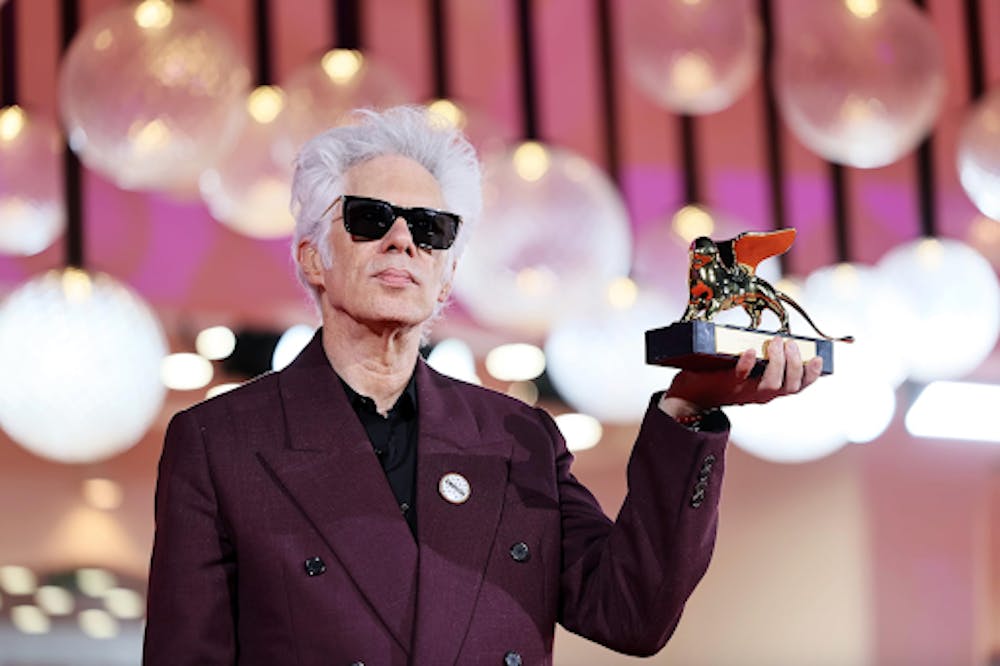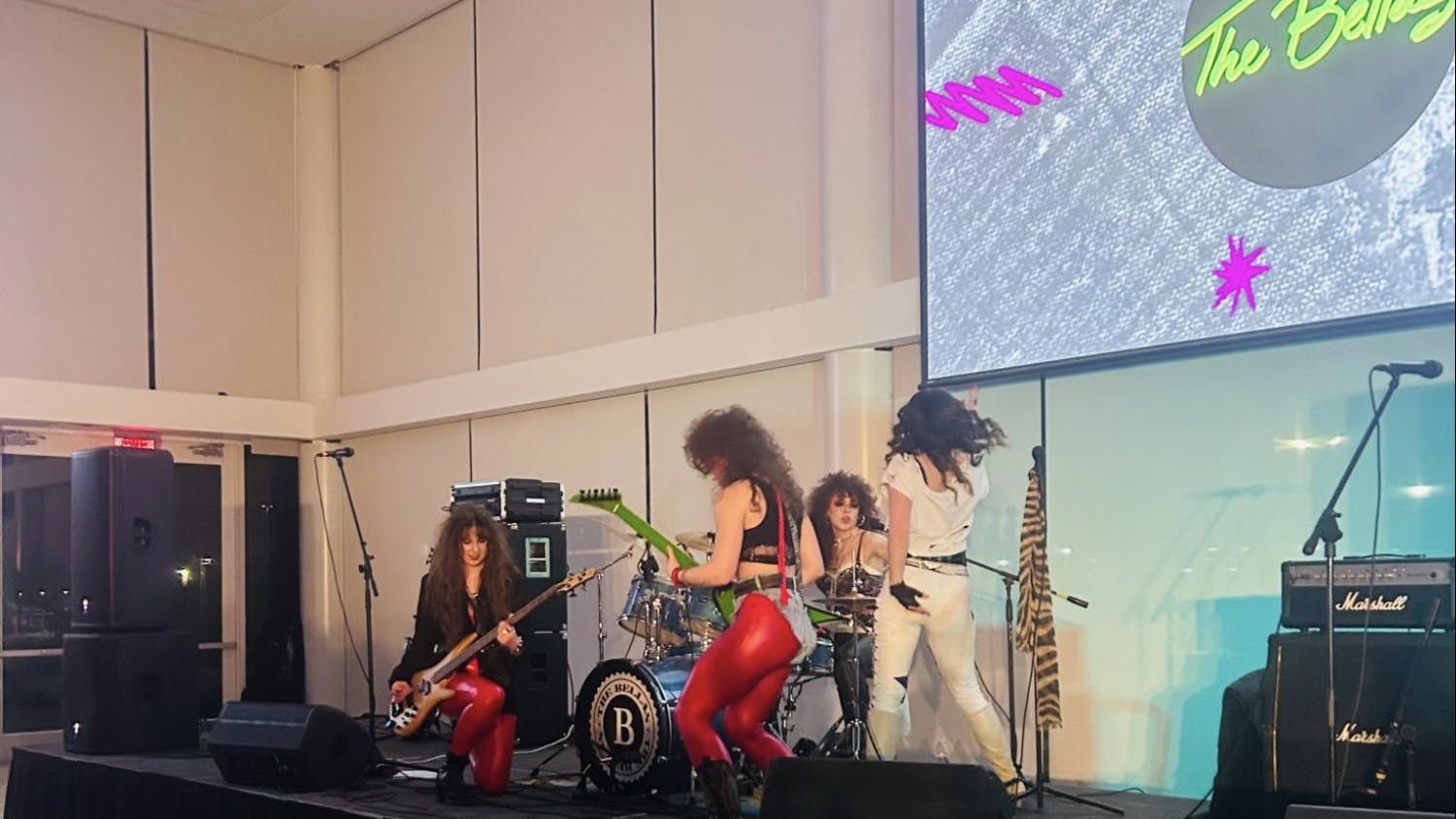By Mahnoosh Arsalan
Correspondent
The 82nd annual Venice Film Festival had a powerful return this August, potentially changing the future of cinema. Actors and filmmakers from all over the world gathered for this 10-day screening event and award show, each individual leaving their mark in cinematic history.
Icons like Park Chan-wook and Guillermo del Toro showcased their latest works, reminding everyone of their inexpressible talent, while newer filmmakers coming from the Biennale College Cinema program had the opportunity to work with pro-filmmakers and present their art to the world.
This festival puts time and effort into giving young filmmakers the platform to create and present, ultimately promoting independent cinema and highlighting the true meaning of film.
The highly anticipated Luca Guadagnino film “After the Hunt” was presented but not in the competition, as well as Gus Van Sant’s latest work “Dead Man’s Wire.” Other movies like del Toro’s “Frankenstein,” Benny Safdie’s “The Smashing Machine,” Noah Baumbach’s “Jay Kelly” and Yorgos Lanthimos’ “Bugonia” were shown and in the running for consideration.
Additionally, many foreign filmmakers were able to unveil their newest projects, like Paolo Sorrentino’s “La Grazia” and Mamoru Hosoda’s “Scarlet.”
The festival began on Aug. 27 and ended on Sept. 6, with a total of 88 films and series screened for exclusive audiences. The festival is known for presenting viewers with soon-to-be classic films.
For example, previous winners of the Golden Lion, the most prestigious award given out at the ceremony, consist of Lanthimos for “Poor Things” (2023), del Toro for “The Shape of Water” (2017), and Ang Lee for “Brokeback Mountain” (2005), which have all gained an insurmountable amount of recognition and love from audiences.
This year, the Golden Lion was won by American filmmaker Jim Jarmusch, whose upcoming film is “Father Mother Sister Brother,” starring Cate Blanchett, Adam Driver, Tom Waits and Vicky Krieps. Jarmusch is best known for his films “Stranger than Paradise” (1984), “Mystery Train” (1989), and “Paterson” (2016), all of which have stellar reviews.
The movie is described as a light comedy showing the reunion of estranged siblings, who must face their parents and re-establish their peculiar relationships with one another. Early reviews are calling the movie “charming” and “personal,” facing you with the hard reality of what the future holds for us. “Father Mother Sister Brother” hits U.S. theaters on Dec. 24.
Though Jarmusch took home the Golden Lion, there was one film that stood out to the audience throughout the 10-day movie-watching experience, and that was Tunisian filmmaker Kaouther Ben Hania’s “The Voice of Hind Rajab,” a story detailing the murder of a five-year-old Palestinian girl named Hind Rajab.
Ben Hania’s film was backed by Hollywood stars Brad Pitt and Joaquin Phoenix, who co-produced the movie with her. The film tells the true story of workers at the Red Crescent Humanitarian Organization on the phone with Hind Rajab, a girl who died in Gaza in January 2024.
The film went on to win the Grand Jury Prize, also known as the “Silver Lion,” an award at the festival appreciating best directing achievements in film, and it received a 23-minute standing ovation, the longest standing ovation in the history of the Venice Film Festival. Hania said in a recent interview with The Hollywood Reporter, “This is a story about calling for help, but nobody comes.”
Film is a powerful tool used to craft stories that transcend through time. Whether you let your imagination run wild and create something like “Frankenstein,” or you use your power to tell stories like “The Voice of Hind Rajab,” film is an outlet. This year’s Venice Film Festival told unique, personal stories, emphasizing the importance of film. Creation has no limits.







